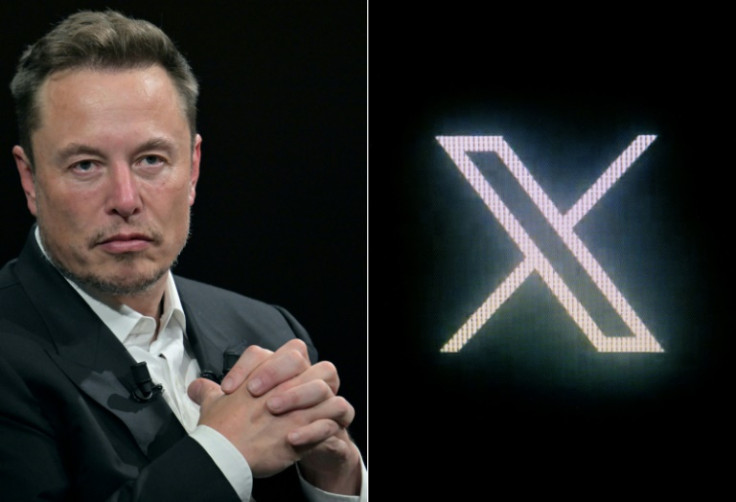A federal judge has given the green light for parts of a $250 million copyright lawsuit against Elon Musk's X, formerly known as Twitter, to proceed, dealing a blow to the social media company. The lawsuit, filed by the National Music Publishers' Association (NMPA) last June, alleges that X facilitated the unauthorized use of artists' music by some users.

US District Judge Aleta Trauger allowed claims to proceed, suggesting that X may have knowingly enabled copyright infringement by giving verified subscribers more freedom than non-paying users to share copyrighted music. However, she dismissed claims that X directly stole artists' intellectual property.
The lawsuit contends that X delayed addressing copyright infringement notices and failed to take sufficient steps to address repeat offenders. Trauger's decision opens the door for potential findings that X knowingly facilitated the alleged infringement.
While many social media platforms pay licensing fees to music publishers to allow users to share songs, X faces accusations of not adequately enforcing policies to prevent copyright infringement. The lawsuit lists over 1,700 songs allegedly infringed by X users, including popular hits like Mariah Carey's "All I Want For Christmas Is You" and Outkast's "Hey Ya!"
Trauger's ruling heightens the possibility of X being held contributorily liable if it knowingly allowed users to misuse the platform for infringement. Despite dismissing some claims, Trauger emphasized that X could face liability if it failed to enforce policies against infringing users.
The dismissal of direct and vicarious copyright infringement claims by the 17 music publishers, including Universal Music Corp. and Sony Music Publishing, marks a setback for their efforts to hold X accountable for alleged music piracy. However, the ruling allows specific allegations regarding X's failure to monitor paying users and remove infringing content promptly to proceed.
In response to the ruling, an NMPA spokesperson expressed satisfaction that the court recognized X's potential liability. The NMPA remains committed to seeking compensation for songwriters and music publishers affected by music piracy on the platform.
The complaint alleges that X profited from widespread infringement and neglected to implement a system to remove infringing songs or terminate repeat infringers' accounts, as required by the Digital Millennium Copyright Act (DMCA).
Trauger's characterization of X as a provider of communication mechanisms rather than an active participant in infringement suggests a nuanced perspective on the platform's liability. However, the potential for contributory liability remains if X knowingly allowed users to misuse the platform for copyright infringement.
As the lawsuit unveils, attention will focus on X's efforts to address copyright concerns and the broader implications for social media platforms' responsibilities in combating intellectual property infringement.







